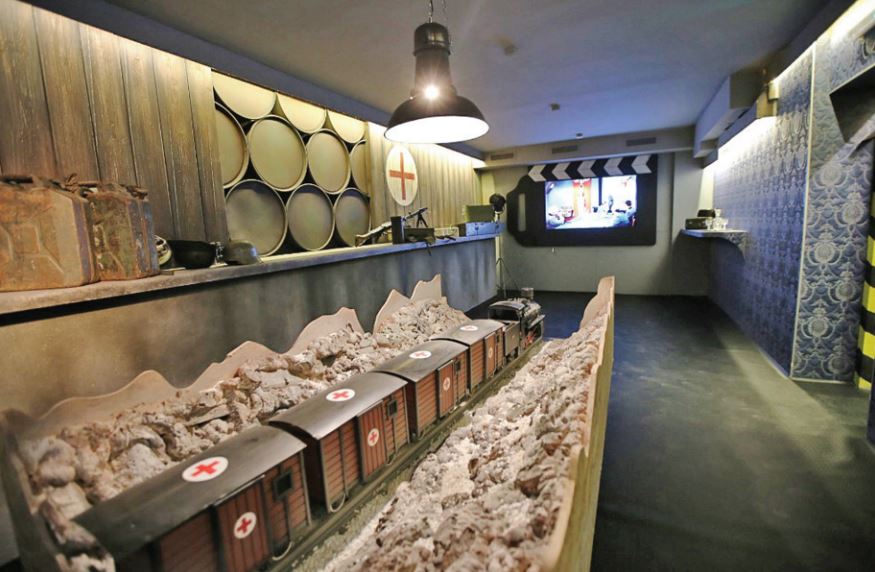China helps preserve spirit of Valter in Sarajevo
By JULIAN SHEA | China Daily Global | Updated: 2019-04-29 09:20

Film director Jasmin Durakovic set up Sarajevo's Valter Museum, which opened on April 6th, the city's liberation day. He told China Daily that right from the outset, China had played a huge part in the film's enduring success.
"Straight away it was popular across all of Yugoslavia, and sold to 80 or 90 countries, but it was China where it was the biggest hit," he said.
"At that time China was closed from the West and relations with Russia weren't so good-Yugoslavia was an independent communist country too, so that was good for us. It was a big success at the cinema but the real story began in 1975 when it was shown on Chinese state television. Then the whole country saw it, and since then, it has become something all generations like."
Josip Tito, president of Yugoslavia from 1953 to 1980, was a former partisan fighter himself, and believed cinema could help create a shared history to bind together the disparate nations that made up the country –Bosnia, Serbia, Croatia, Montenegro, Slovenia and Macedonia.
Tito's own love of cinema is examined in Mila Turajlic's fascinating 2010 documentary Cinema Komunisto, and it culminated in two internationally successful films; the Oscar-nominated Battle of Neretva (1969) featuring a star-studded cast and a poster designed by Pablo Picasso, and in 1972, Valter brani Sarajevo.
"There had been lots of partisan films, but these two were different," Durakovic explained. "Neretva was the epic-no-one knows how much it cost to make-and with Valter, they wanted to appeal more to a generation born after the war. Djorde Lebovic, who wrote it, was a comic strip writer, so he knew all about mass communication culture, and it worked.
"Even today when it's shown on TV across the former Yugoslavia, it gets the biggest ratings, even if it's people watching for the fifth time. The only country where there's any kind of issue is Croatia. Because it's to do with the Tito era, their state TV is a bit uneasy, but commercial TV is happy to show it."
Durakovic is director-general of Filmski Centar Sarajevo, which owns the copyright to Valter and many other films made in the Yugoslav era, and hopes the museum will keep the legend of Valter alive for fans at home and abroad-especially China.
























